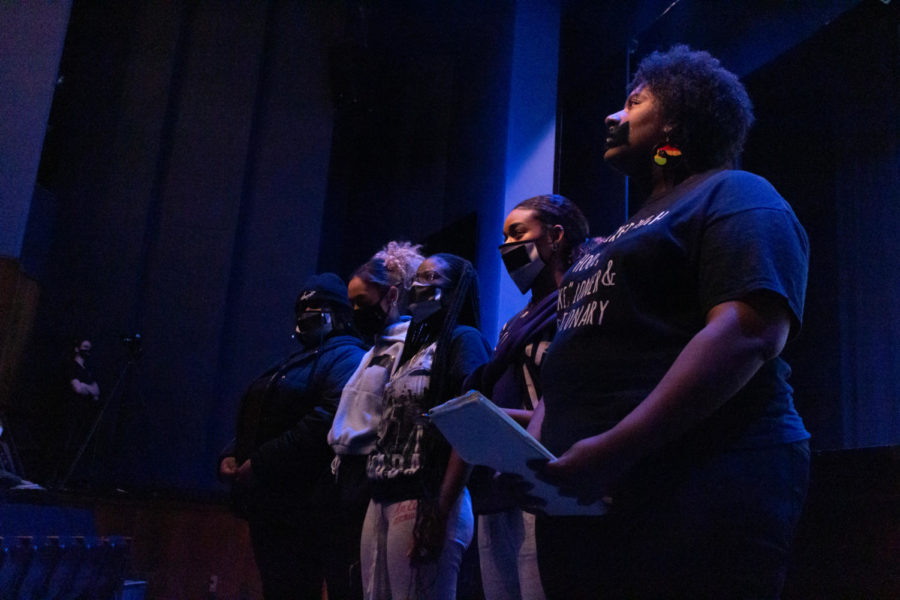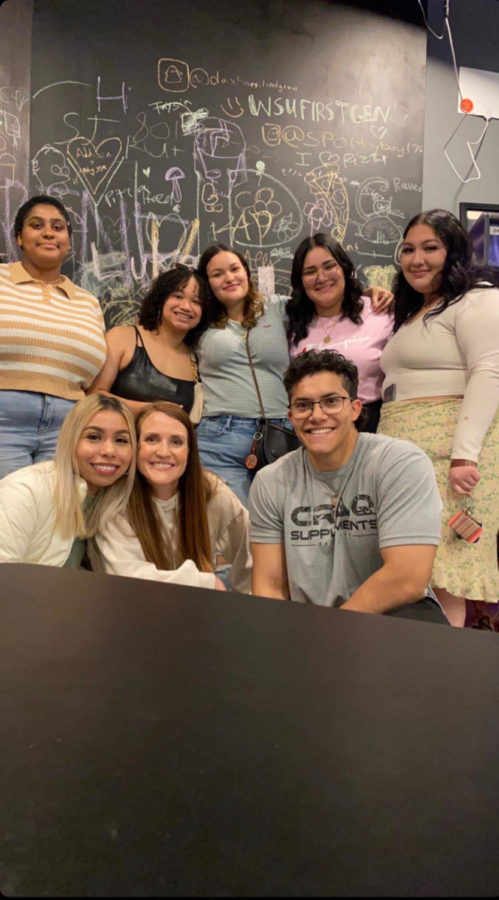You came to college to prepare for your future. So why do you need English if you are studying astronomy? Or math if you are studying dance?
The general education requirements can be frustrating, but they separate a bachelor’s degree from a technical college certificate. And trust us, employers prefer the bachelor’s.
Here are some hacks to help you to get through the gen ed requirements with less stress.
Do not procrastinate math and English.
Seriously, we know too many fifth- and sixth-year students who are still at Weber State because they procrastinated on math or English.
Developmental Math has a bad reputation at Weber State, but they have made some changes that should make it easier for students. They offer four types of classes. Pick the learning style that works best for you:
— R.E.A.L. classes meet four days a week in person and use real-world examples to teach the concepts, such as how much wages grow over time.
— T.E.R.M. classes meet one day a week and require two hours a week in the Hub math lab.
— Flipped math requires you to watch lectures online. Then you do the homework in class.
— Online classes don’t have scheduled classes, but you also don’t have in-person help from an instructor. Of course, tutors at the Hub are still available.
Also consider whether Math 1030 (Contemporary Math), Math 1040 (Intro to Statistics) or Math 1050 (College Algebra) is the best fit for you. Some students do better in Math 1040 and its focus on probabilities than they do in Math 1030 with its geometry. Some majors require Math 1050. Check with your adviser.
For Developmental English, there’s the DELC on the second floor of Elizabeth Hall. It provides tutoring in person or online at the level you need. The Writing Center is another really helpful resource. Tutors there are good, and you can get help either in person or online.
Look into interdisciplinary classes
This year Weber State has a new option that can knock off two requirements with one class. They are WSU courses. For three to five credits, you can fulfill two requirements.
For fall, they are offering WSU1450 Intersections of Art and Communication (3 credits) that will fulfill humanities and creative arts; WSU1560 Identity in the Digital Age or WSU 1560 The Story and the Brain, Neuroscience & Literature (each 3 credits) for a humanities and social science requirement; and WSU1680 Microbes Rule: Impact of Disease on History (4 credits) to take care of a life science and social science.
If you know your major (or minor), check with your department for “double dippers.”
Most majors and minors include 1000- and 2000-level courses that also count toward the gen ed requirements. Remember, only one class from each department will fulfill a gen ed slot, but that’s one class outside your major or minor you don’t have to take.
If you don’t know what you want to study yet, the gen ed classes are a good way to figure it out.
Pick classes that you will enjoy
You don’t have to be an A-student to take an honors class, and they offer a good alternative to other gen ed options.
Honors classes require a little more work, but they provide smaller class sizes and teachers who are passionate about the subject.
Some options for fall include Pollination Biology, Warfare and LGBT Identities & Popular Culture.
Other classes sound interesting and are popular, but don’t be fooled by the title. The Nature of Sex is not as sexy as it sounds, and the History of Rock and Roll is not an easy A. Both classes are worthwhile, but don’t lower your expectations because of the subject.
Abigail Payne is a senior graduating with honors in four years, and Jean Reid Norman is an academic adviser in the communication department as well as adviser of The Signpost.


















